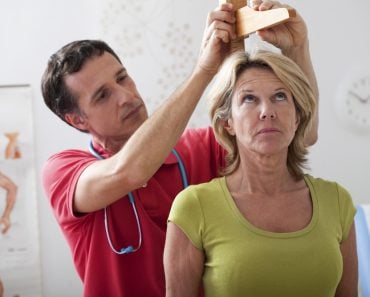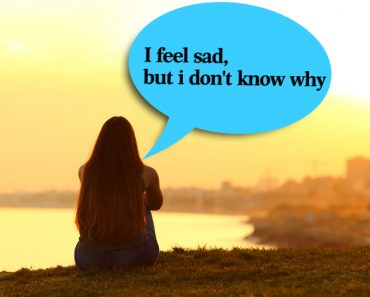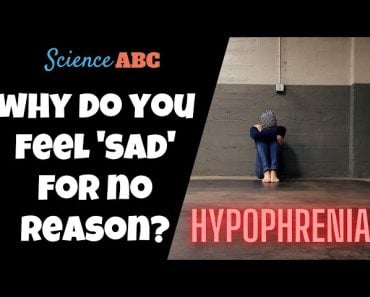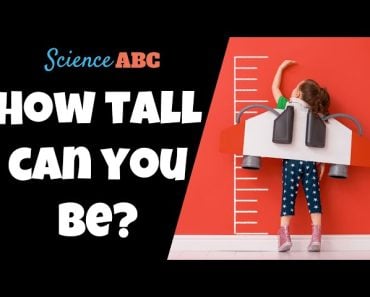Do you ever get anxious about the increasing number of gray hairs on your head? Aging can be scary for humans! The body changes and weakens, and culture isn’t often kind to old age. However, age is also associated with wisdom, so why are we so afraid of it?
I’m in my late 20s, and whenever someone asks about my age, I spiral into anxious thoughts about how I’ll soon turn 30. Time passes too quickly! As a kid, I was eager to grow up, imagining a life full of freedom and independence. Yet today, here I am, imaging myself as a wrinkled, old woman burdened with responsibilities, aches and pains.
And I’m not the only one.
Many people feel a general sense of disappointment regarding their exit from youth and gradual aging. They associate aging with fading beauty and a general loss of worth. Many fear that growing older means an inevitable decline in health and lucidity.
Recommended Video for you:
Does Society Make You Feel Bad About Aging?
Most of my emotions (and those of many people) towards growing old are negative. So much of this is based in fear, anxiety, sadness, and disappointment. But why? After all, aging also makes a person more experienced and wise.
Well, to begin with, we live in a society. Many societies aren’t kind to age. Much of popular western media–books, movies, music–and our friends and family glorify youth and vilify age. This can lead to a form of discrimination, known as “ageism”, where people are judged on the basis of their age.
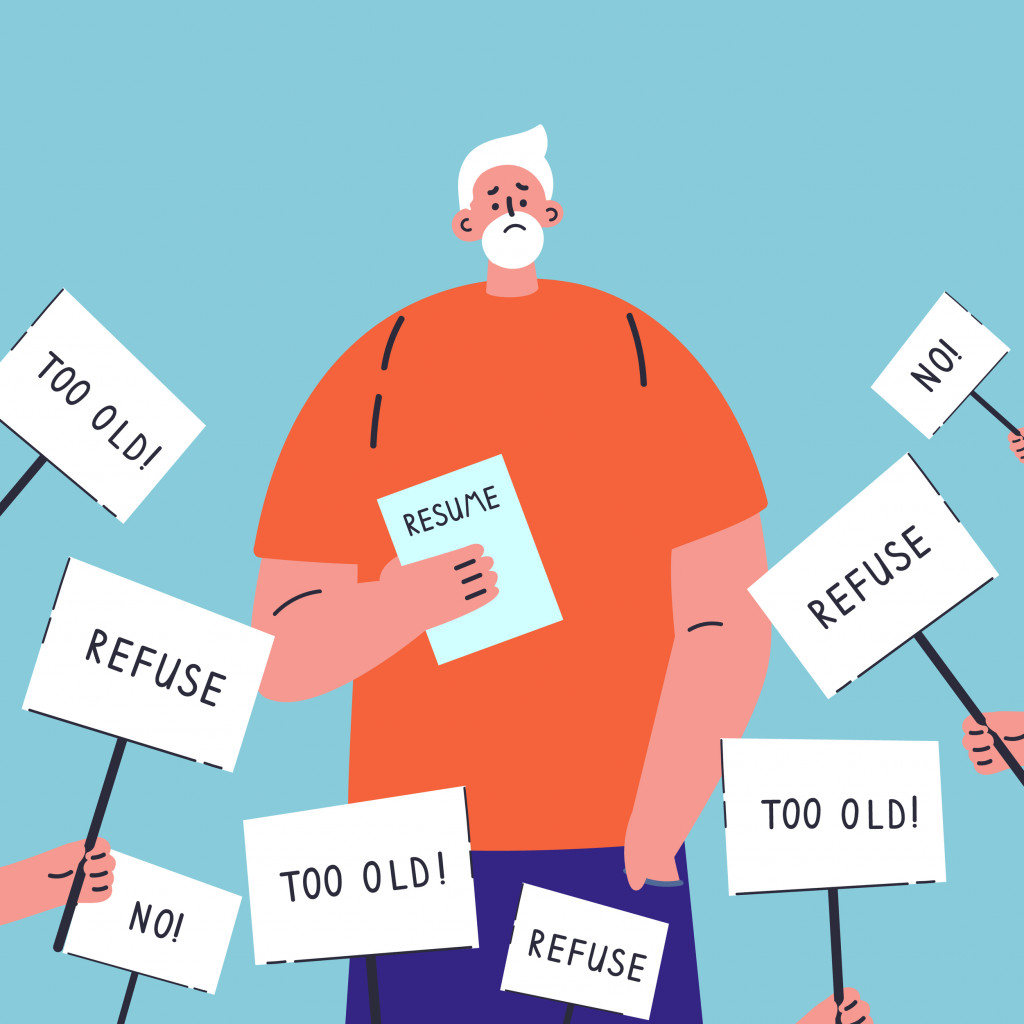
According to a study based on the European Society Survey, ageism is considered the most prevalent form of discrimination, more widespread than racism and sexism. It can cause chronic stress that can have a negative impact on the psychological health of an individual, thereby affecting the cognitive performance, as well as the social lives, of more elderly people.
Sadly, society portrays aging as something that needs to be battled or slowed down. Many advertisements use the term “anti-aging” to lure you in, and sometimes even scare customers into thinking that they absolutely require their products. ‘Stay young forever, if you can,’ is what our media seems to be telling us.
From botox to laser to hair transplants, the anti-aging market continues to expand indefinitely. It shouldn’t be much of a surprise to know that the anti-aging market is expected to reach a value of US$ 88.30 Billion by 2026.
How Do Younger People Feel About Aging?
Much of this anti-aging market targets young people. The fear of aging seems to be quite prominent in our beauty-obsessed youth, who measure self-worth by the number of admiring glances (or likes and clicks).
Unlike older adults (65 years and above), whose opinion of aging is based on their own personal experiences, young people (15- 24 years) perceive old age based solely on what they observe. If you grew up seeing old individuals being treated as a burden, my guess is that you’d be less excited about getting old.

It is also difficult to imagine yourself at 50 when you’re 2o. Who is this hypothetical 5o-year-old you? Are you married? Do you have kids? What about your job? Where do you live? This future you could be quite alien from your current self and difficult to imagine without spinning into an existential whirlpool.
According to a study, when it comes to themselves, young adults expect to be exceptions to the stereotypes they hold of old adults. Such expectations are often unrealistic and therefore problematic.
Does Ageism Impact Children As Well?
Yes, these negative perceptions start early.
The experiences we have very early on in life leave long-lasting impressions on our mind. Such experiences shape the perception of individuals toward aging and often become internalized as self-stereotypes, thus leaving children as the most vulnerable to ageism.
When children and adolescents were asked to evaluate the terms they would use to describe a person from a specific age group, the most elderly turned out to be the most negatively assessed. Another study found that most children aged 8 years and above perceived and classified older people as ugly and sick. They also considered them the least happy and as having the least number of friends.
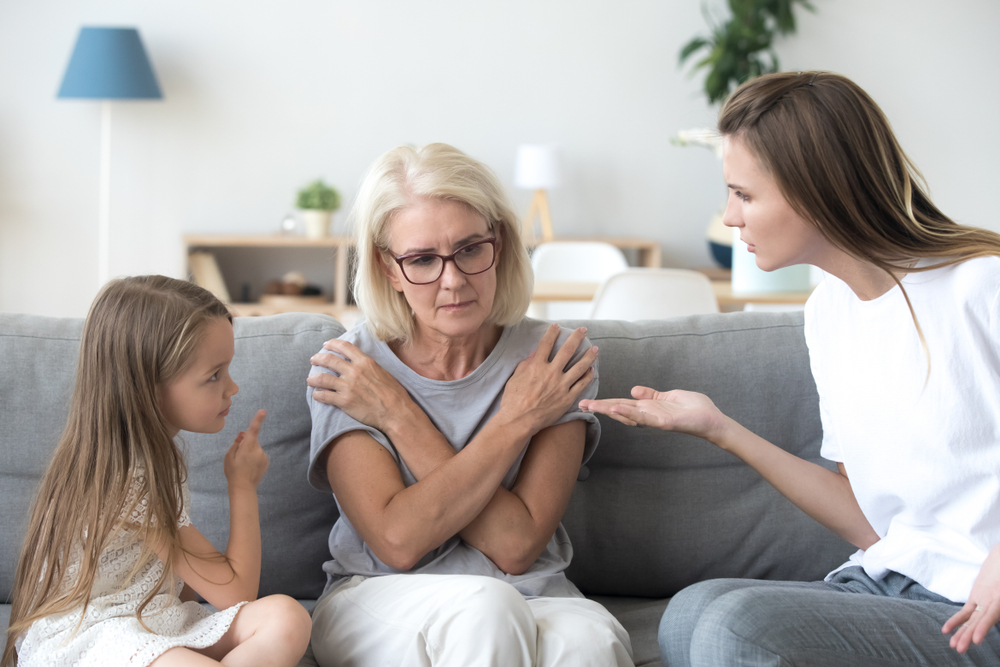
Children often associate older people with a decline in physical and psychological health; poor skin and posture, loss of hearing, impatience, bad temper and an inability to cope with stress. That said, they aren’t entirely wrong in making these distinctions.
A Decline In Health Complicates The Process Of Aging
Growing old is often accompanied by declining physical health, which, in addition to the negative conditioning associated with old age, complicates the process of aging.
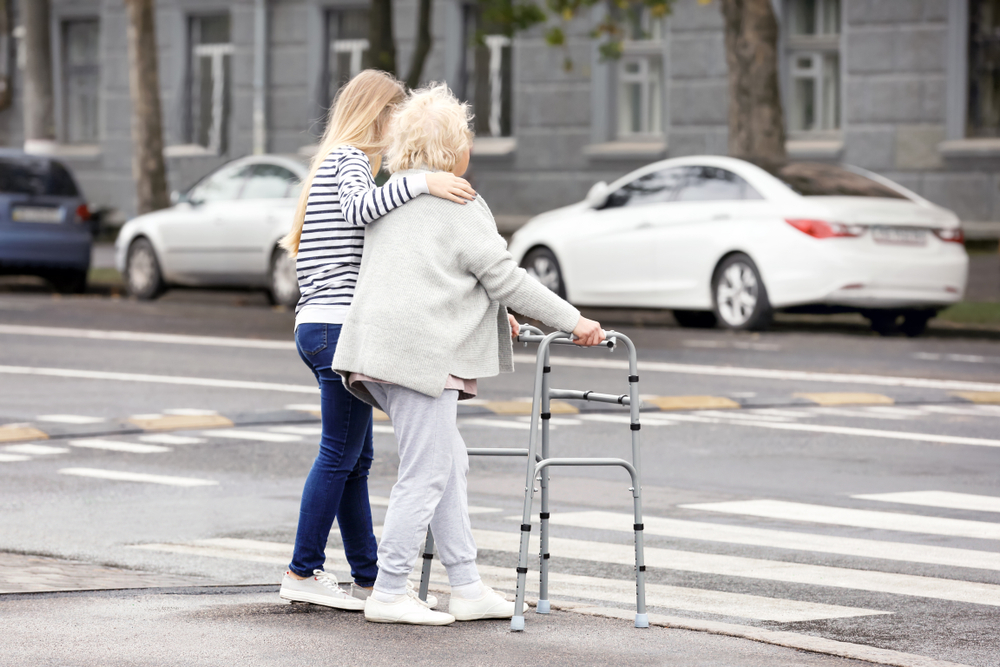
Middle age (40-65 years), particularly, can be tough. For many, it comes with managing a job, marriage, aging parents and demanding children. As responsibilities increase, there’s less time to indulge in activities that people once cherished.
However, this scenario is reversed when it comes to older people (65 years and above). Having crossed the age of retirement, older people end up having a lot of extra time on their hands.
Aren’t we often told that old age is the time when you can actually start pursuing the activities or hobbies you once had to give up while building a career or raising kids? Well, sadly, the process isn’t as idyllic as we’d like to imagine.
In addition to declining physical health, old age is often accompanied by loneliness, boredom and anxiety.
The number of funerals you attend increases in comparison to the number of weddings to which you’re invited. The loss of loved ones, physical disabilities, deteriorating beauty, and other changes in physical appearance all lead to a diminished social life.
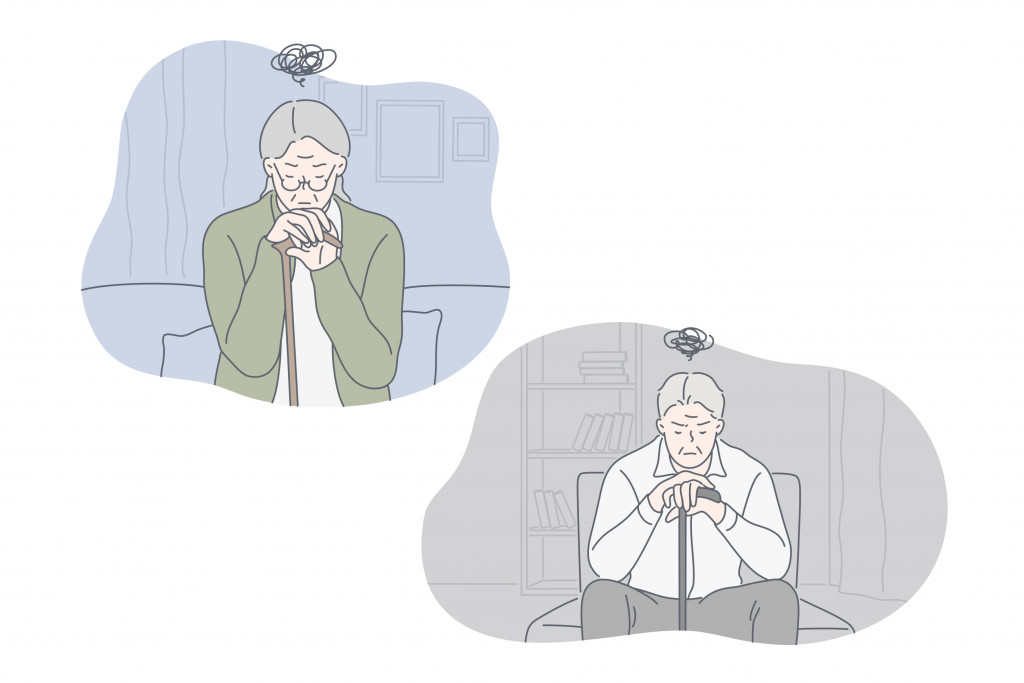
Harris and his collaborators showed that older people are often considered “rigid and lonely,” and almost one-third of Americans perceive the age of 60 and above as the “worst years of an individual’s life”.
Does Aging Have To Be Scary?
However, is old age really the worst time of our lives? I mean, it can’t be all bad! Older people are also very dearly loved. They can be lively and often have the most fascinating stories to share, just like my grandparents.
I grew up around them, going on long walks, living out my pre-independence times in my mind through their words, and enjoying every minute of their company. I have seen them live happy and fulfilled lives, which is why I say that not all aging experiences have to be bad or scary.
In fact, how a person’s aging experience turns out is decided by both personal and environmental factors. Receiving love and warmth from family members and access to good health care facilities ensure the well-being of our elderly. Good infrastructure, including easy access to public transport, in particular, is imperative in taking care of their comfort and needs.
The place of living and the local culture also play a major role in determining the sentiments of the elderly towards aging. For example, in Hong Kong, older people are considered more open-minded and tolerant. In other places, they are considered to be superior in terms of experience, authority and wisdom.
Lavretsky calls old people “models of resilience”, since they face years of major risks and threats during their long life.
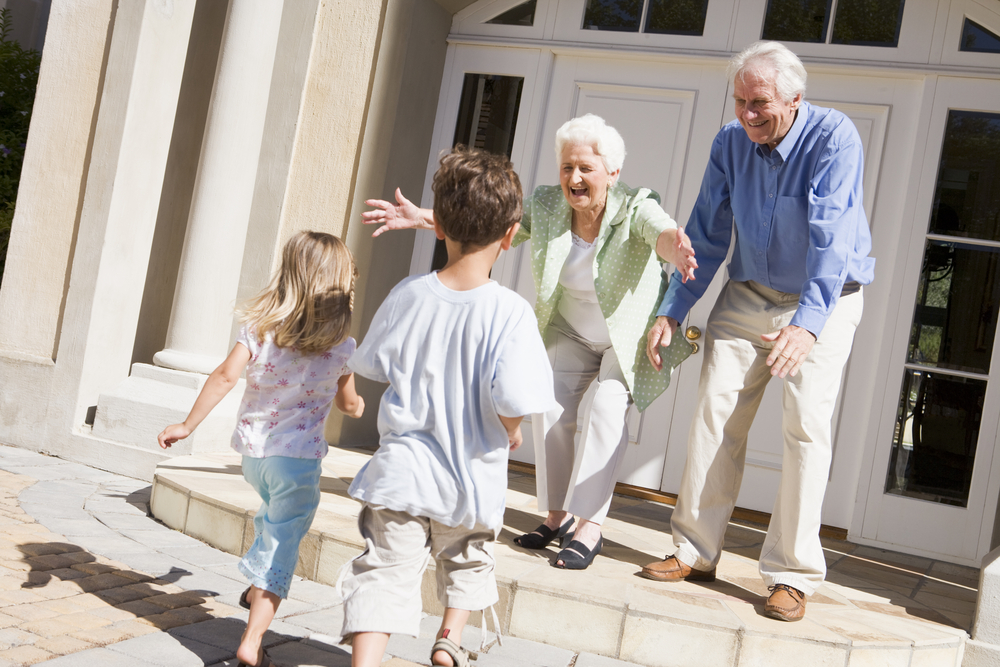
However, in countries like the US, perceptions regarding aging are quite mixed, wherein elders are considered to be warm (positive attribute) but incompetent (negative attribute).
Despite the predominantly negative attitudes regarding old age, the experience or the process of aging can be quite enriching. On a personal level, having a sense of purpose in life helps in ensuring better mental health for individuals and is directly associated with longevity.
There are many studies that debunk the negative perceptions against aging. One such study concluded that despite a decline in physical health, older people have better mental health than younger people. Read and Carstensen propose that as people age, they invest more of their psychological resources in emotionally meaningful activities, rather than negative ones.
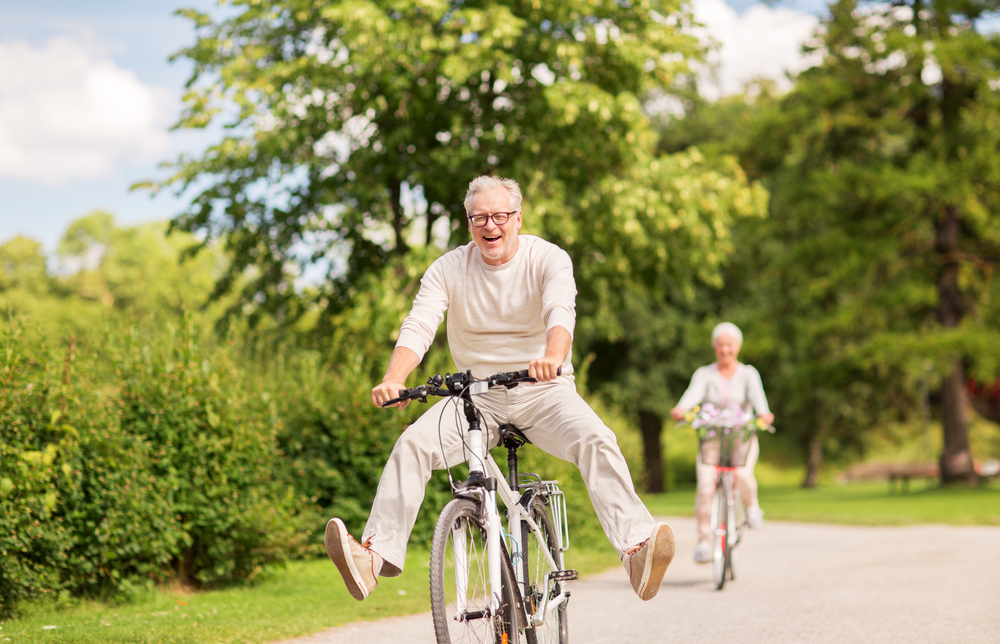
Fighting the negative stereotypes against old age can be very challenging for society, but it is imperative for ensuring a good quality of life for its elderly. The availability of caregivers, welcoming workplaces, good bonding with one’s family members and an understanding of the general process of aging can all help in creating a healthier environment for older adults.
References (click to expand)
- Cuddy, A. J. C., Norton, M. I., & Fiske, S. T. (2005, June). This Old Stereotype: The Pervasiveness and Persistence of the Elderly Stereotype. Journal of Social Issues. Wiley.
- Hickey, T., & Kalish, R. A. (1968, April 1). Young People's Perceptions of Adults. Journal of Gerontology. Oxford University Press (OUP).
- Weinberger, A. (1979, March). Stereotyping of the Elderly. Research on Aging. SAGE Publications.
- Goldman, R. J., & Goldman, J. D. G. (1981, December 1). How children view old people and ageing: A developmental study of children in four countries. Australian Journal of Psychology. Informa UK Limited.
- Giles, H., Fortman, J., Honeycutt, J., & Ota, H. (2003, January 1). Future selves and others: A lifespan and cross‐cultural perspective. Communication Reports. Informa UK Limited.
- Macia, E., Lahmam, A., Baali, A., Boëtsch, G., & Chapuis-Lucciani, N. (2009, October 14). Perception of Age Stereotypes and Self-Perception of Aging: A Comparison of French and Moroccan Populations. Journal of Cross-Cultural Gerontology. Springer Science and Business Media LLC.
- (2005) ESSAY Aging Well: Toward a Way of Life for All People - CDC. The Centers for Disease Control and Prevention
- Robertson, J. F. (1976, April 1). Significance of Grandparents: Perceptions of Young Adult Grandchildren. The Gerontologist. Oxford University Press (OUP).
- Fiske, S. T., Cuddy, A. J. C., Glick, P., & Xu, J. (2002, June). A model of (often mixed) stereotype content: Competence and warmth respectively follow from perceived status and competition. Journal of Personality and Social Psychology. American Psychological Association (APA).
- Reed, A. E., & Carstensen, L. L. (2012). The Theory Behind the Age-Related Positivity Effect. Frontiers in Psychology. Frontiers Media SA.
- Kim, E. S., Kawachi, I., Chen, Y., & Kubzansky, L. D. (2017, October 1). Association Between Purpose in Life and Objective Measures of Physical Function in Older Adults. JAMA Psychiatry. American Medical Association (AMA).
- Experiences and Expressions of Ageism:. The European Social Survey
- Allen, J. O. (2015, January 23). Ageism as a Risk Factor for Chronic Disease. The Gerontologist. Oxford University Press (OUP).


